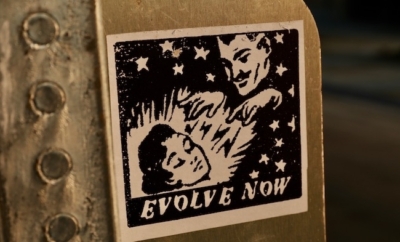
Existential Psychology
Mental Illness
If you ever struggle with a mental illness and notice people demeaning what you are going through, saying things like “You don’t look sick” or “It’s all in your head”, you’ve got to shrug it off. We often make snap judgments. Our brains quickly process available sensory information to tell us if something is off about the situation, and if everything looks fine then that tends to influence our perspective regardless of what we are told. The people making these judgments don’t have any qualifications though. No degrees, no long hours of study, no specialized knowledge in psychology or mental illness. You just have to chalk up their words to ignorance.
Actually most of the severe mental illnesses are not active twenty-four hours a day. Usually there are many times during the year where people can function normally, down times between the active phases of the disease. It’s kind of like how cancer can go into remission. Mental illnesses have their times of dormancy.
But the thing is, try having success at a job or keeping your relationships in good shape when the mental illness does become active. It wreaks havoc in life and then you are forced to pick up the pieces. When we see these people on the streets, who seem to be functioning pretty well, we might think to ourselves “Get a job you loser.” We have to be careful though because we don’t know the back story.
If you are struggling with a mental illness, one way to transform your feelings of negativity and frustration into gratitude is by realizing that you have not fallen nearly as far as you could have. You are not homeless and you still have lots of options to work towards getting better. No one knows your personal struggle as well as you do, so you can’t let remarks from others get you down or diminish what you are going through. Instead of feeling shame about being different you can feel pride about your courage to decide to get help and get better in the face of adversity, moving towards a healthy and happy life.




